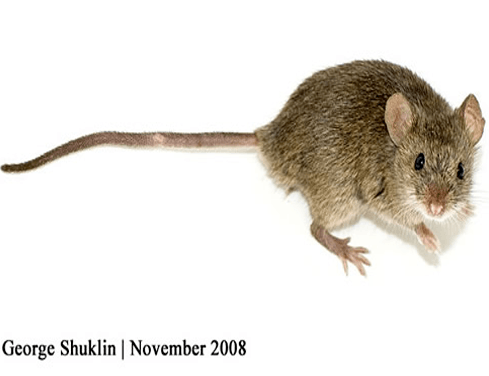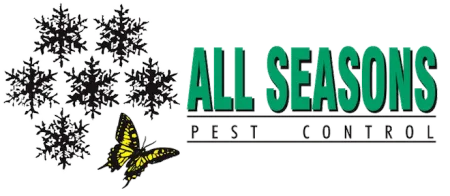House Mice (mus-domesticus)
House Mice Control
House mice are some of the most common rodents in the world. Because of their ability to breed rapidly and adapt quickly to changing conditions, it is essential to call a professional to eliminate them as soon as you suspect an infestation.
The house mouse is the most common rodent pest in most parts of the world. It can breed rapidly and adapt quickly to changing conditions.
Identification
Weighing in at under an ounce when fully grown, house mice are small rodents. Adult mice have grayish brown hair with small pointy noses, black eyes, and large ears.
Habitat
House mice live in structures, but they can live outdoors. Originating in Asia, they made their way to America in cargo and passenger ships. Upon their arrival, they bred like wildfire and spread across the entire continent. They can be found living inside and outside of structures.
House mice can breed throughout the year and can share nests.
Reproduction
House mice can breed throughout the year at an extraordinarily fast rate and can share nests. A single mouse can produce up to ten litters per year and have the ability to breed at just two months old. Infestations can multiply quickly, which is why it is important to call a pest management professional sighting of a mouse or any rodent.
Control / Prevention
To keep mice and other rodents out, make sure all holes of larger diameter than a pencil are sealed. Mice can squeeze through spaces as small as a nickel. Seal any cracks and voids. Don’t overlook proper drainage at the foundation and always install gutters or diverts which will channel water away from the building.
Mice can squeeze through spaces as small as a little finger. Check garage and walk-in door sweeps to ensure they are in good condition and not torn. Make sure there are no gaps around foundation vents, crawl space access doors, or plumbing apertures. To keep mice and other rodents out, make sure all holes larger ¼ inch are sealed, along with any cracks.
Signs of Infestation
House mice are hardly discreet house guests and leave several clues of their existence. Signs of infestation include: musty odors, oily marks along floors and walls, nests made of shredded paper and similar materials, small (¼ inch) droppings pointed at both ends, urine, gnaw marks and squeaking noises.
Threats
Micro droplets of mouse urine can cause allergies in children. Mice can also bring fleas, mites, ticks and lice into your home. Microdroplets of mouse urine can cause allergies in children. They also bring parasites such as fleas, mites, ticks, and lice into your home.
House Mice Control in Tacoma
To get rid of these unwanted guests, perform the suggested preventive procedures and eliminate accessible food and water (eliminate excess garbage and exposed food, don’t leave pet food out, and increase sanitation practices until the rodent infestation is eliminated). In addition to these steps, make sure to call a professional to perform an evaluation and establish a control program for you.
At All Seasons Pest Control, we can help you eliminate mice and keep them out. Our pest control services in Pierce, Thurston and South King counties are second to none. With over 35 years’ experience, we know how to help you with any pest situation you might encounter. If you need help, contact us today and set up an appointment. We care about our customers, and our reviews reflect our dedication to providing quality service to those in the south Puget Sound.

